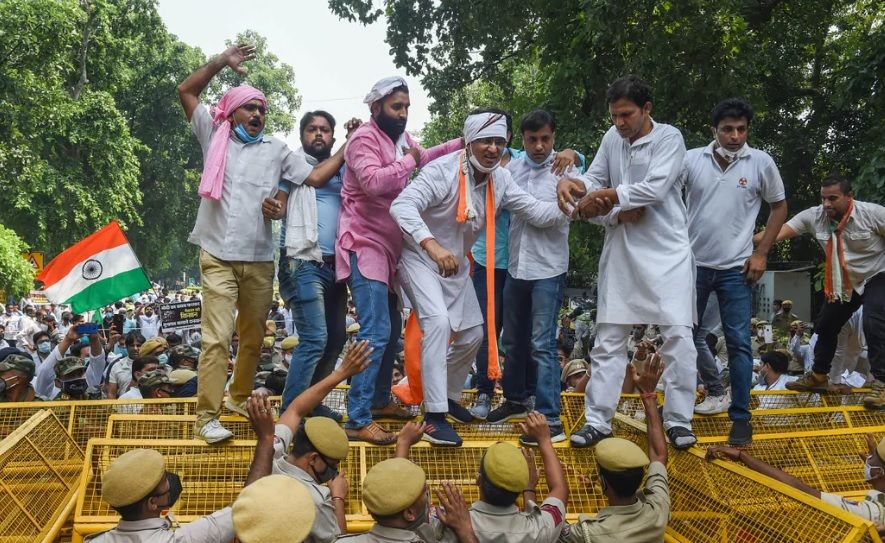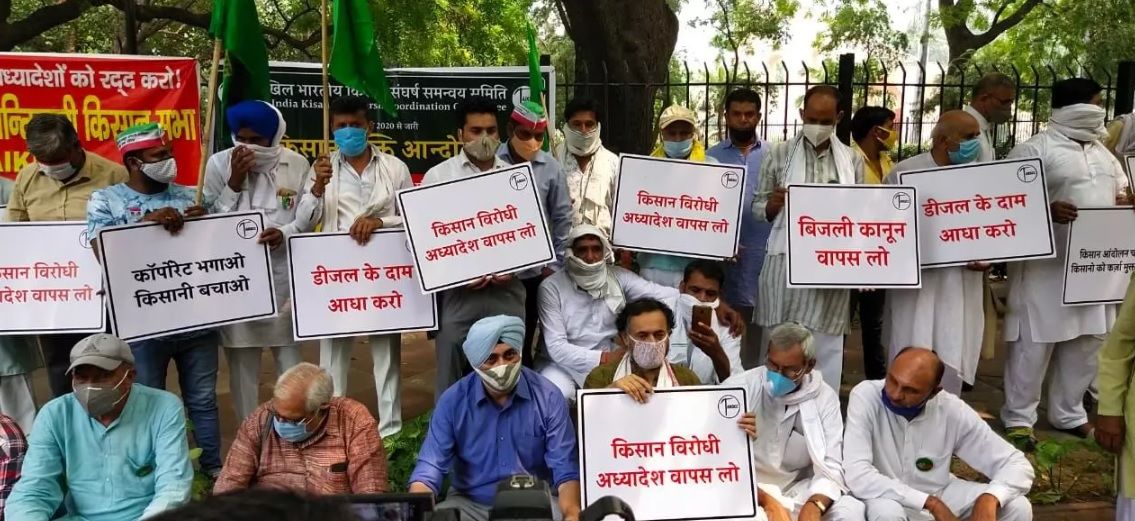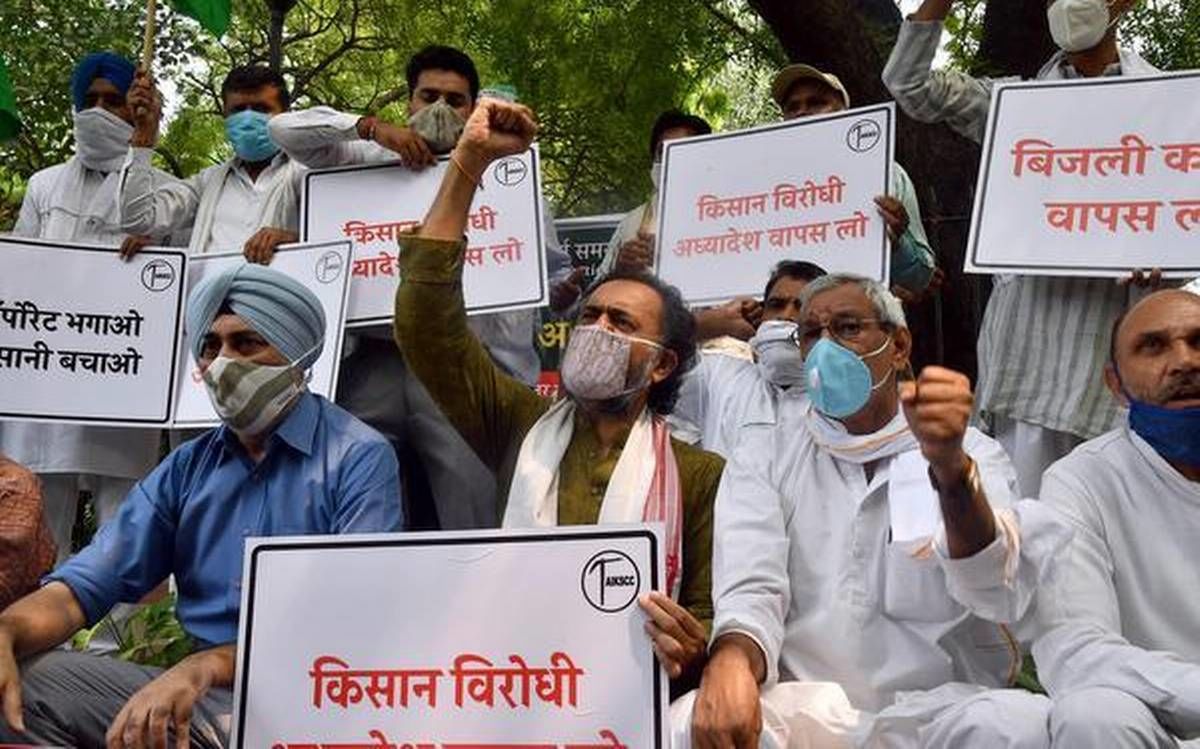Agri bills draw wide outrage; Bharat bandh declared on September 25
Farmers’ organisations insist the three agriculture bills, two of which are set to become law, are distinctly anti-farmer.


The uproar over the new agricultural bills, two of which are set to become law, with the Rajya Sabha passing them through voice vote, is rapidly gaining momentum. Several farmers’ organisations in the country, which have been raising objections to the bills, have announced a Bharat bandh on September 25 in protest.
The bills passed in both houses of Parliament relate to liberalising the market for agriculture and providing a legal framework to contract farming. With the President’s seal of approval, the bills will turn into law.
Farmers’ leaders, including Sardar VM Singh, convener of the All India Kisan Struggle Coordination Committee (AIKSCC), a common platform of more than 250 farmers’ organisations in the country, have joined hands to protest what they call the government’s anti-farmer policies.

“The livelihood of the nation’s farmers is at stake. Maize that earlier sold for one thousand seven hundred and sixty rupees a quintal is currently being sold between seven hundred and eight hundred rupees a quintal,” Singh told, during a joint online press meet with farmers’ activist Raju Shetti and social activist Medha Patkar on September 21. Similarly, wheat that used to be sold for one thousand nine hundred and twenty five rupees a quintal did not sell for more than one thousand five hundred rupees. Yet, the government is talking of ‘one nation, one market’, he added.
“The government has already cheated farmers in the name of APMC [Agricultural Produce Market Committee] and MSP [minimum support price]. It promised to provide a support price at C2 cost of cultivation to farmers, but failed to do so. Now, it wants to force the country’s farmers to sell themselves to corporates. We will not allow this to happen,” he said.
In Maharashtra, Raju Shetti, former Member of Parliament and president of the Kolhapur-based farmers’ union Swabhimani Shetkari Sanghatana, said, “The Narendra Modi government has a majority and it has used it to pass these bills, but when crores of farmers in the country oppose these bills, how would they be implemented? Our organisation opposes these bills. MSP is the right of the farmer and we will strive to claim it,” he said.

Patkar also raised her voice against the bills and the alleged anti-farmer government policies. She questioned the government’s intention on agricultural bills on several grounds. “These bills were hastily passed during the COVID-19 pandemic, and farmers’ loan waiver and the Swaminathan report were not even taken up for discussion in Parliament,” she said. Everybody knows what happened between farmers and PepsiCo in Gujarat in the name of contract farming. The farmers had to come out on the streets. Now, the government wants to turn the farmers into slaves by creating parallel mandis through these bills,” she added.
On September 25, the Akhil Bhartiya Kisan Sangharsh Samiti will prevent all vehicular movement from morning till 4 pm, and all offices from functioning in all states. Farmers will protest and demonstrate against the disputed agricultural bills.
Kiran Kumar Bissa, a farmer leader from Karnataka, said farmers from all over India were in solidarity with those in Haryana and Punjab, and would join them in the countrywide bandh. “In Bengaluru, about 20,000 farmers will take to the streets in protest, and these demonstrations will continue,” he added.
The programme was attended by a number of farmers, including Hanan Mollah from West Bengal, senior farmer leader Ashish Mittal, senior CPI leader Atul Anjan, Krantikari Kisan Union’s Punjab head Darshan Pal and Sunilam, the executive chairperson of AIKSCC.
Read more: Seeds of discontent: Haryana farmers protest three new agriculture ordinances

